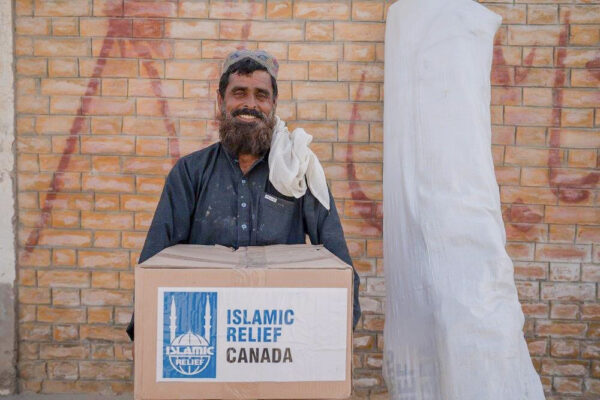Around noon, it’s sweltering in Noshki, Balochistan. Mud covered children are playing around the unstable structures and fallen walls of houses. The rubble-strewn path we are walking along used to be a road, before the flash floods struck weeks ago.
Ubaid, who is in his mid-forties, looks sad and uncertain. He points at his family’s house, with its cracked walls and sagging roof, now uninhabitable, and then toward the children.
“People in Killi Batto don’t have water to bathe their kids. We were already poor, the floods made us poorer.”
Strumming his fingers on his lap, he tells us about the destruction wreaked by the last monsoon cycle.
“We haven’t seen a rainy spell like this in decades. I was at a nearby hotel when I realised the danger. I rushed to my home and evacuated my wife and children to safer place.”
A community devastated by the deluge
The floodwaters in the village receded soon after the downpour; but the damage remains. Vital infrastructure and homes are damaged or destroyed, cattle and possessions washed away.
Islamic Relief has been supporting communities in Balochistan for the last 20 years, responding to emergencies and delivering life-changing development interventions.
When the flash floods struck, we swung into action to provide lifesaving aid to flood affected communities, and committed to helping them to rebuild in the aftermath of the disaster.
“I work as a daily labourer and have 5 children. Losing your house is painful. We spent a night in open under the sky with my family feeling unsafe.”

